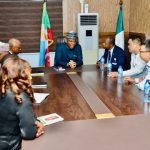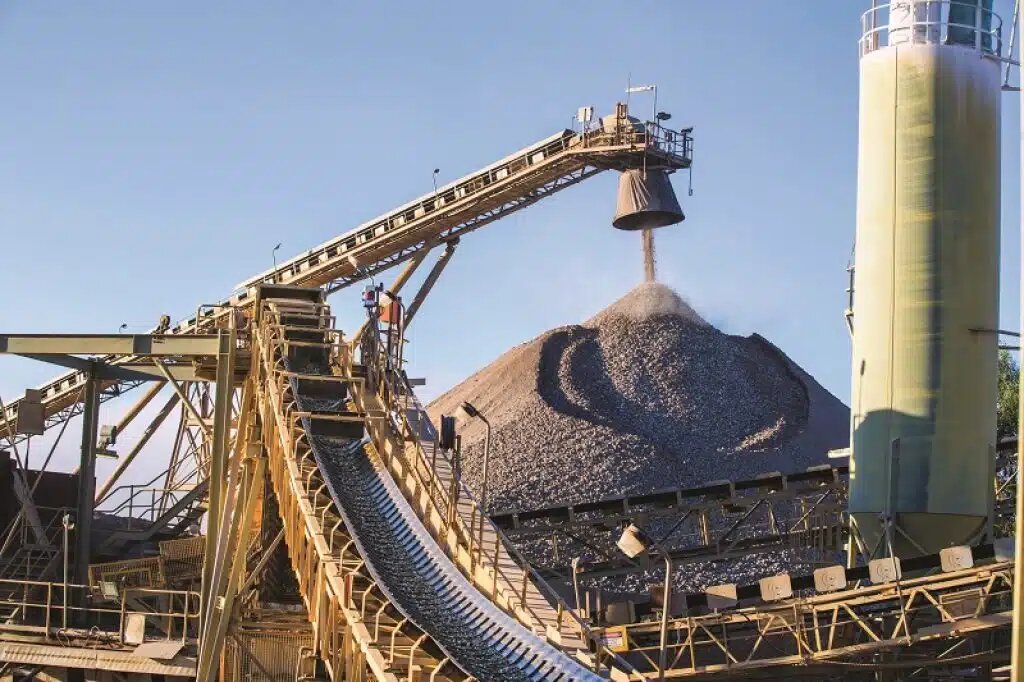The Ministry of Steel Development and the Ministry of Communications, Innovation and Digital Economy have launched a strategic partnership to source locally manufactured steel products for Nigeria’s growing telecommunications infrastructure. This collaboration is set to accelerate the use of homegrown materials in building telecom towers and fiber optic networks nationwide.
The announcement came during a courtesy visit by the Minister of Steel Development, Prince Shuaibu Audu, to his counterpart, Dr. Bosun Tijani, at the ministry’s headquarters in Abuja. Both leaders emphasized how the partnership directly supports President Bola Tinubu’s Renewed Hope Agenda, which prioritizes local content, job creation, and economic diversification.
Prince Audu outlined the plan to leverage local galvanized steel, which is rust-resistant and ideal for telecom tower construction. He stressed that reducing imports will help curb capital flight, strengthen the Naira, and empower Nigerian steel producers. “With plans to install 7,000 telecom towers and lay 90,000 kilometers of fiber optic cable by the end of 2025, this partnership offers huge opportunities for local industries,” Audu said.
On skills development, the Ministry of Steel has already conducted training for welders and artisans. Audu encouraged expanding digital innovation training programs to include these skilled workers, enabling them to contribute fully to the telecom infrastructure projects.
Dr. Tijani welcomed the collaboration, calling it vital for ensuring the long-term success and sustainability of telecom projects. He pledged that all steel used in the rollout would be sourced 100 percent locally and emphasized the importance of involving local companies in ongoing maintenance to sustain jobs and technical expertise.
Both ministers also discussed plans to develop a Technology Hub at the Ajaokuta Industrial Park and Free Trade Zone, pending presidential approval. This hub aims to foster innovation and capacity building for artisans and steel sector workers, fueling productivity and job creation.
To ensure smooth coordination, the two ministries agreed to establish a joint technical committee to oversee implementation and promote synergy between the steel and telecommunications sectors. This unified approach reflects a growing commitment to building Nigeria’s industrial base and digital economy hand in hand.
This landmark partnership signals a bold step toward a more self-reliant, innovative, and sustainable future for Nigeria’s infrastructure development. It highlights the government’s resolve to turn local resources into national strength while creating jobs and boosting the economy.










